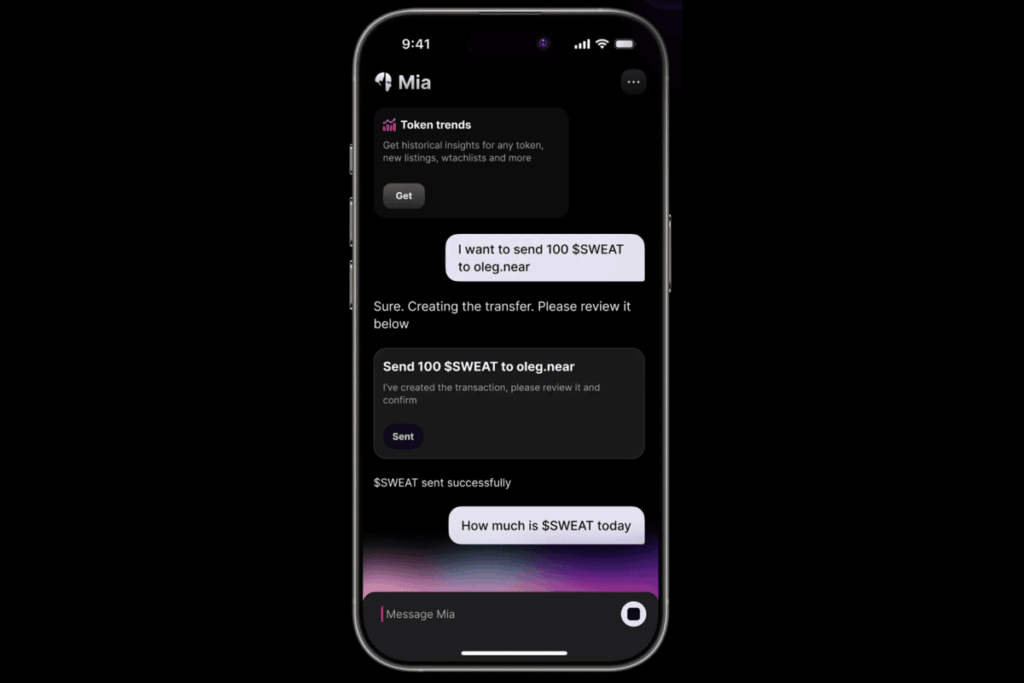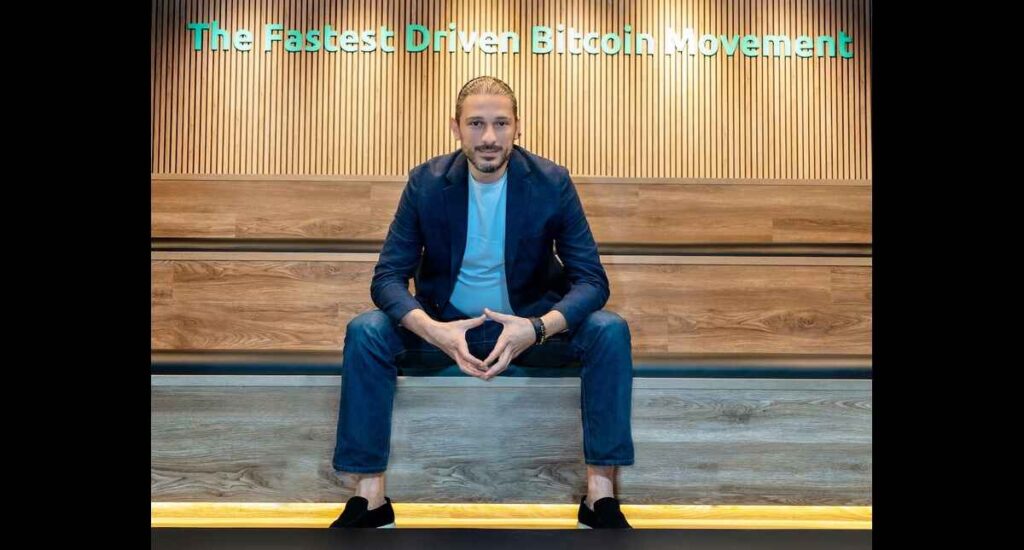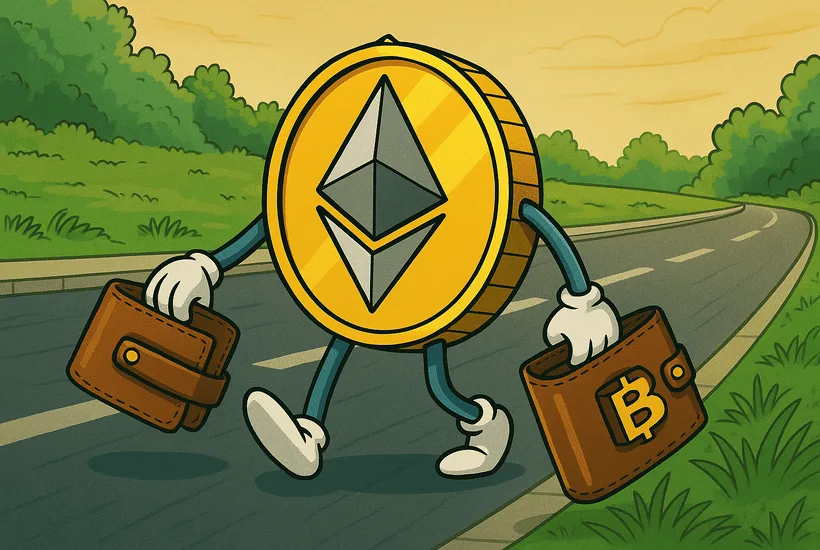- Ethereum’s Vitalik Buterin urges developers to adopt copyleft licenses to preserve shared innovation
- He argues permissive models no longer incentivize code transparency in a commercialized crypto space
- Proposal comes amid rising centralization and proprietary development across the industry
Vitalik Buterin, co-founder of Ethereum, is urging the crypto community to rethink its approach to open-source licensing, calling for a shift toward “copyleft” models that enforce reciprocity in code sharing.
In a blog post published Monday, Buterin argued that the once widely embraced permissive licensing model allowing free reuse and modification of code has lost effectiveness as crypto has grown more competitive and profit-driven.
Enforcing reciprocity through licensing
At the heart of Buterin’s proposal is the distinction between permissive and copyleft licensing. While permissive frameworks rely on goodwill, copyleft licenses require derivative projects to share their source code, ensuring contributions return to the ecosystem.
Newsletter
Get weekly updates on the newest crypto stories, case studies and tips right in your mailbox.
Buterin, who previously supported permissive strategies, now views copyleft as essential for scaling open-source collaboration in a maturing and increasingly siloed industry. He noted that enforced transparency helps prevent public contributions from being co-opted by closed-source platforms without reciprocal sharing.
Though he acknowledged certain limitations such as copyleft rules potentially triggering obligations even for limited distribution Buterin concluded that the overall benefit of incentivized code diffusion outweighs the downsides.
Copyleft can be viewed as a very broad-based and neutral way of incentivizing more diffusion. Crypto venture capitalist Adam Cochran supported Buterin’s view, admitting that while edge cases exist, the philosophy of enforced openness is increasingly necessary in today’s crypto world.
Rebalancing the sector’s incentives
Buterin’s renewed call for stronger open-source practices arrives amid a broader debate about centralization and walled-garden platforms in crypto. As early ideals of transparency and collaboration face challenges from proprietary innovation, copyleft licensing is positioned as a regulatory-neutral mechanism to preserve decentralization.
By requiring participants to “give back” when building on public code, Buterin hopes to reinvigorate the sector’s cooperative ethos, even as it evolves into a global financial architecture.
Meanwhile, Ethereum staking and whale accumulation surge
In parallel developments, Ethereum’s staking system has reached new all-time highs, with over 35 million ETH 28.3% of supply now staked. Over 500,000 ETH was added in the first half of June alone, as investors shift toward yield-based strategies amid price consolidation.
Lido remains the dominant liquid staking provider, controlling 25% of staked ETH. Coinbase, which manages over 11.4% of staked ETH, has also become the network’s largest node operator.
Adding to the bullish trend, Ethereum saw its largest whale accumulation in seven years on June 12, with wallets holding between 1,000 and 10,000 ETH collectively adding over 871,000 ETH the highest daily total of 2025.










